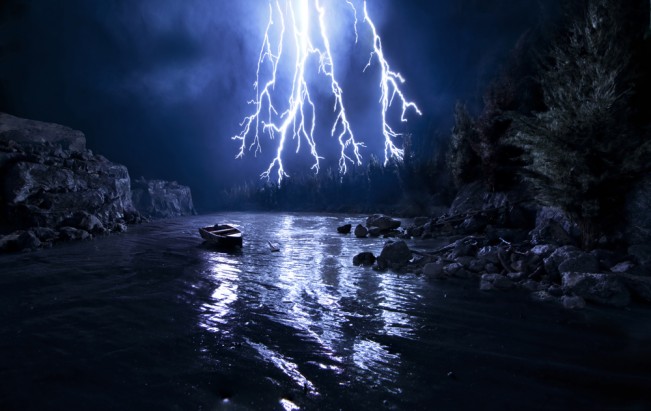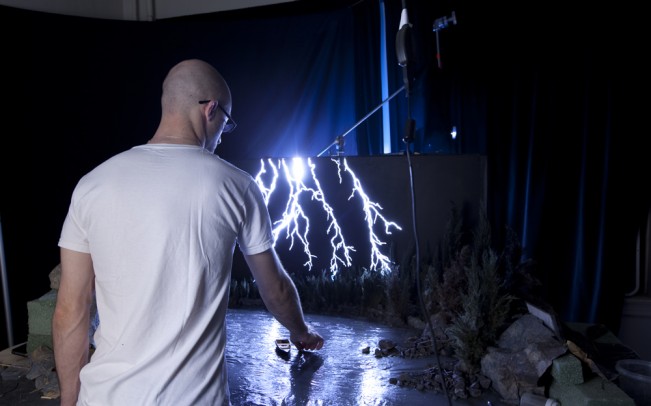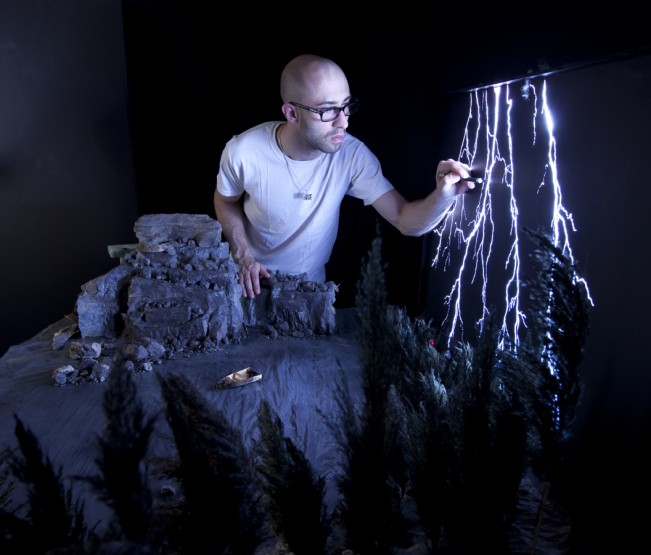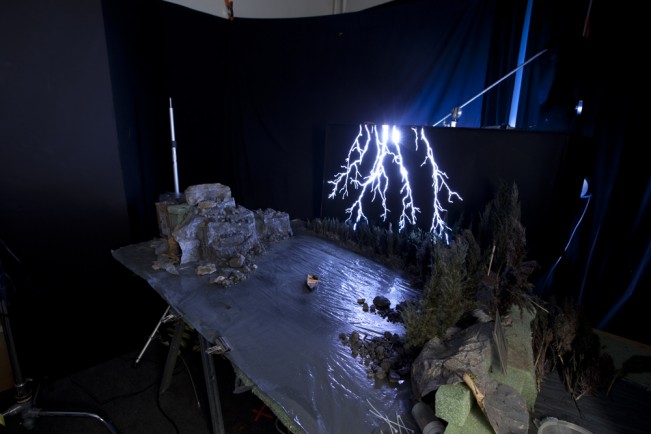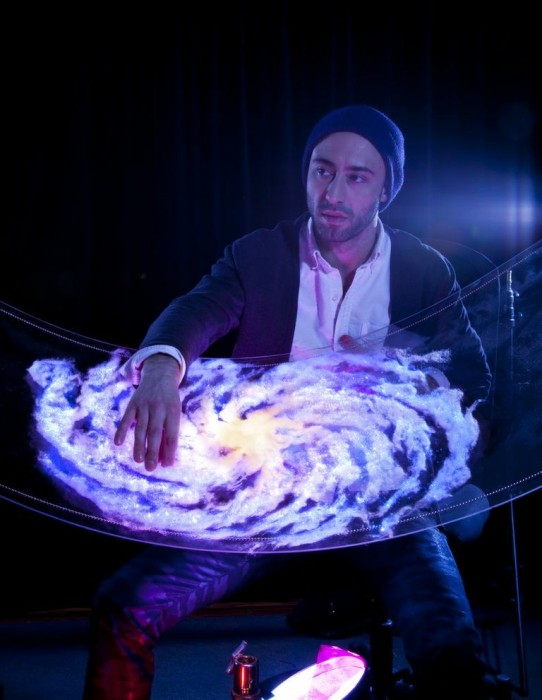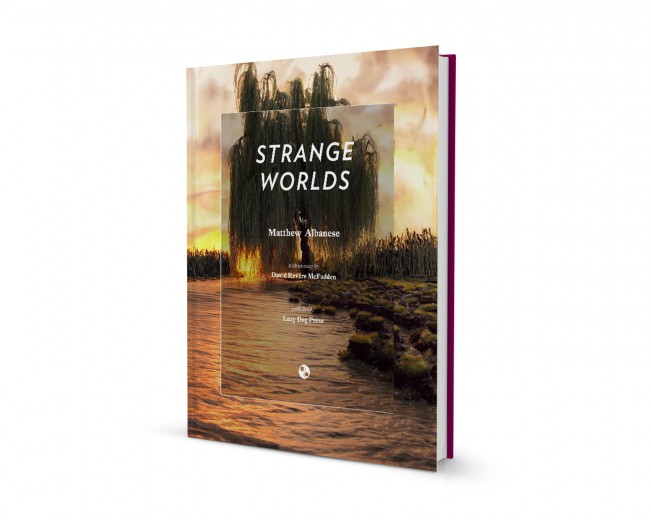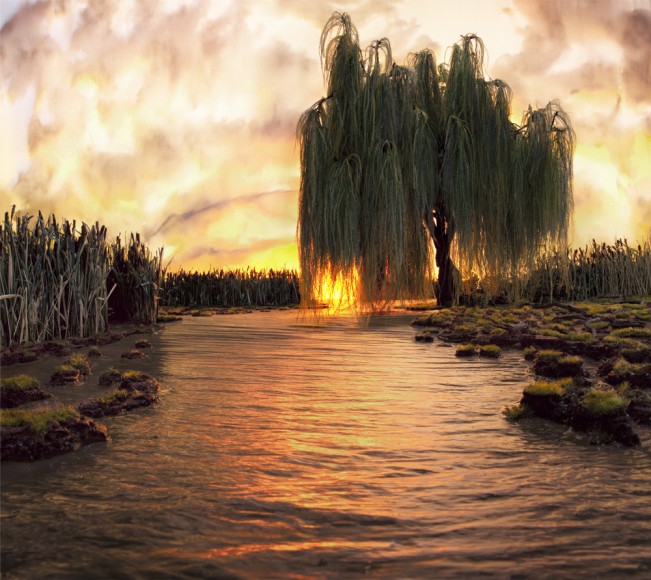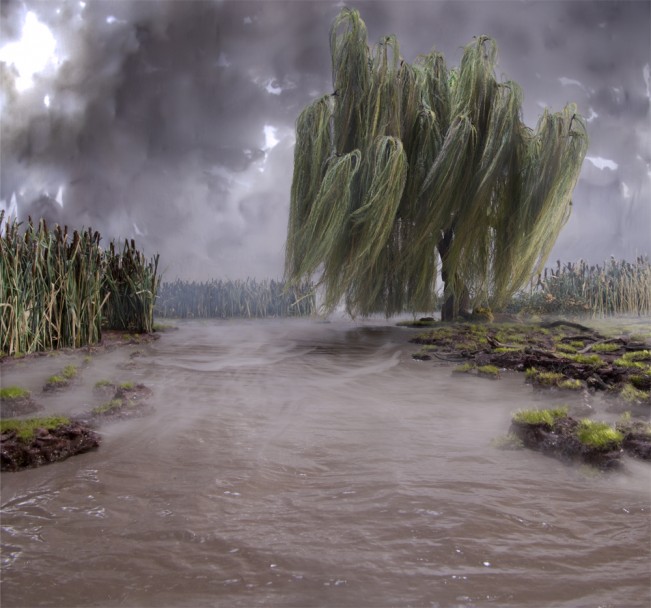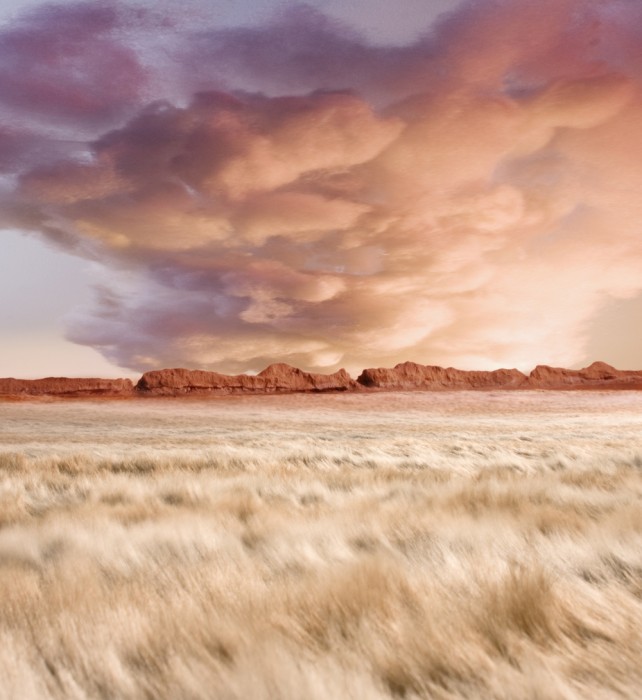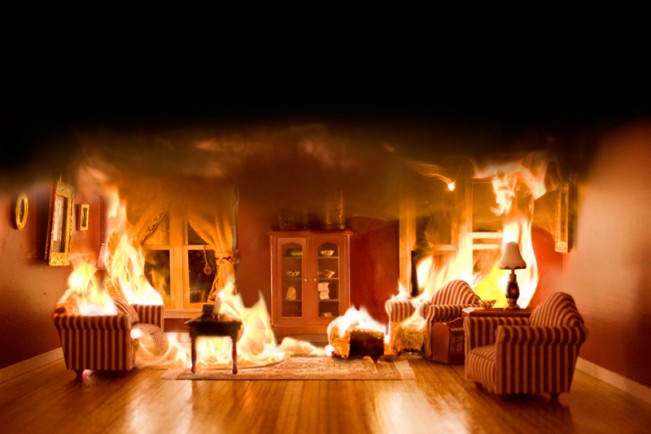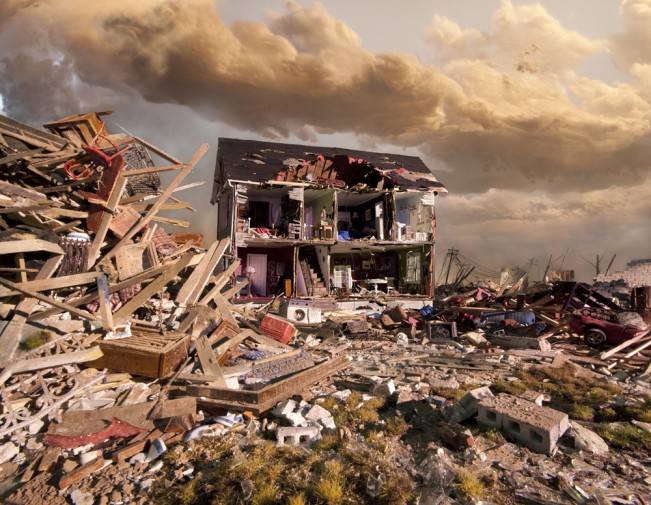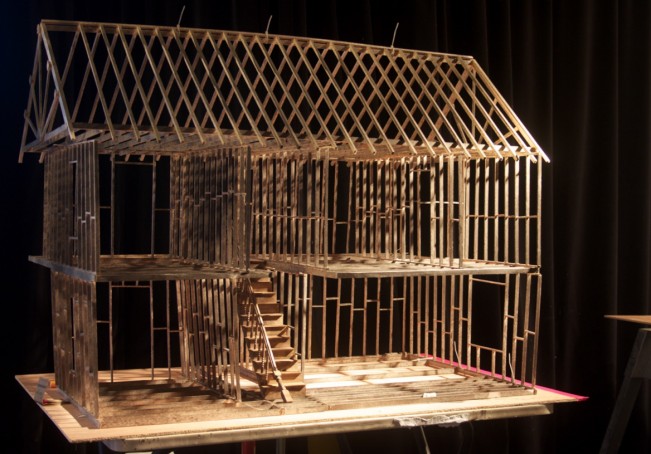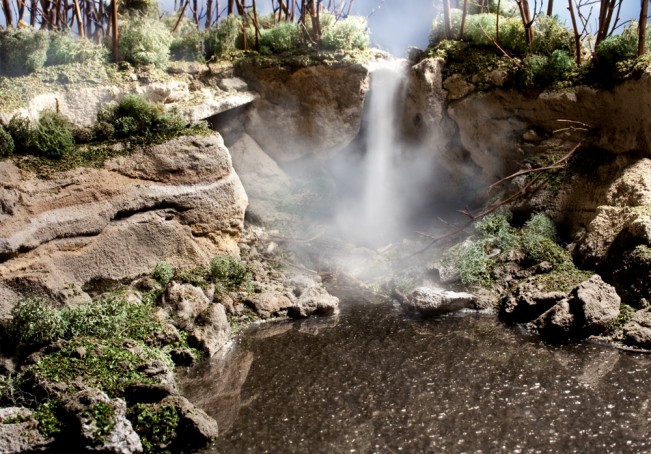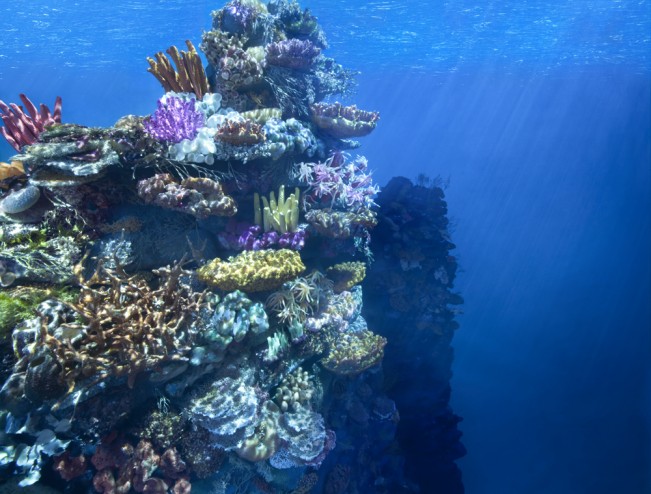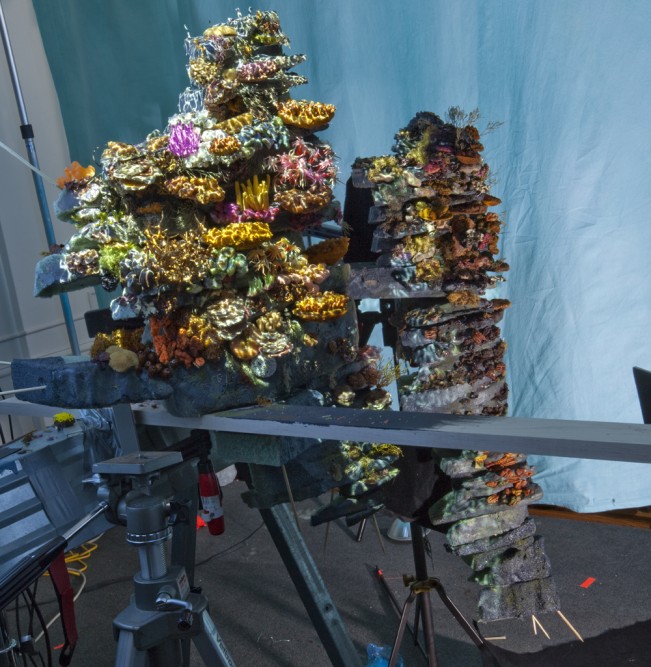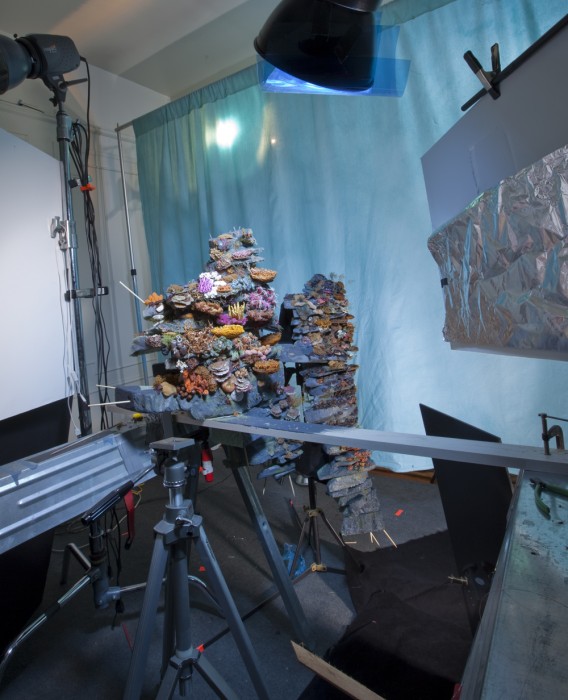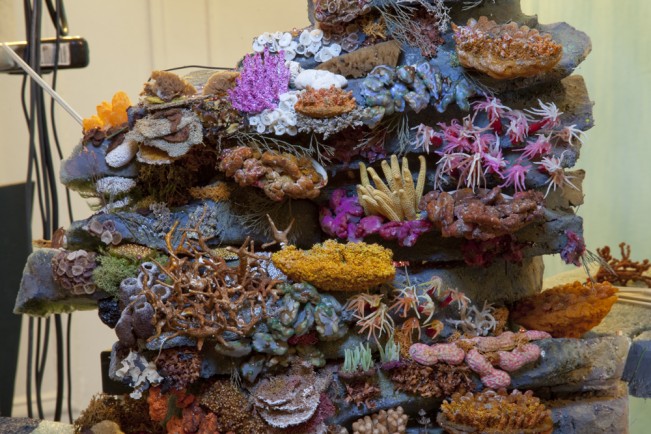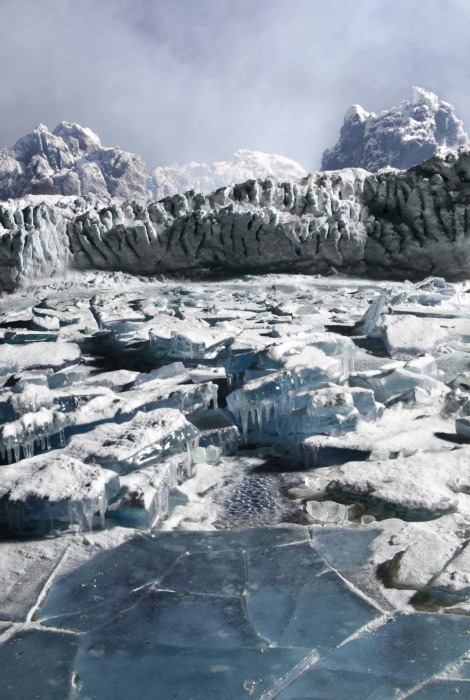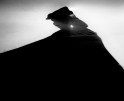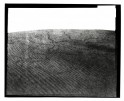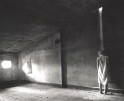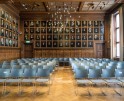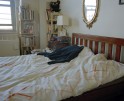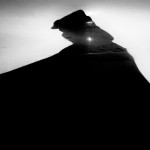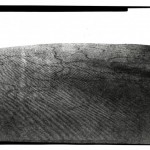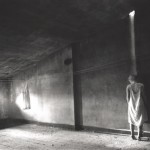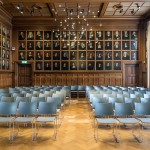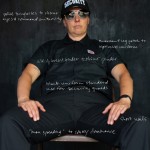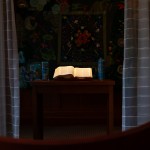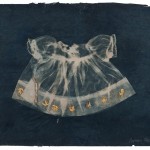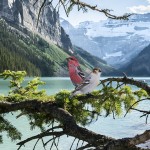Matthew Albanese: Strange Worlds
While most of us struggle to set up a toy train under the Christmas tree or set a table with a prelighted snow-filled village, photographer and artist Matthew Albanese is light years ahead creating other worlds formed out of hard detailed work, imagination, and a lot of ingenuity. Matthew is a visual magician, using house hold objects to take us into other realms.
Matthew’s fascination with film, special effects and movie magic—and the mechanics behind these illusions—began early. Born in northern New Jersey in 1983, Albanese spent a peripatetic childhood moving between New Jersey and upstate New York. An only child, Matthew enjoyed imaginative, solitary play. He loved miniatures and created scenarios intricately set with household objects and his extensive collection of action figures. After earning a Bachelor of Fine Arts degree in Photography at the State University of New York, Purchase, Albanese worked as a fashion photographer, training his lens on bags, designer shoes and accessories—this small-object specialization is known in the retail trade as “table top photography.” Matthew’s creative eye soon turned to tabletop sets of a more wildly eclectic nature. In 2008, a spilled canister of paprika inspired him to create his first mini Mars landscape. More minute dioramas—made of spices, food and found objects—followed. In 2011, Matthew was invited to show at the Museum of Art and Design of New York in the amazing exhibition, Otherworldly: Optical Delusions and Small Realities . His work has also been exhibited at the Virginia Museum of Contemporary Art, Winkleman Gallery, and Muba, Tourcoing France. Matthew is represented at Bonni Benrubi Gallery in New York.
Matthew has a terrific book his his work, Strange Worlds, published by Lazydog Press that can be purchased here. You can read more about Matthew on Environmental Graffiti.
Strange Worlds
My work involves the construction of small-scale meticulously detailed models using various materials and objects to create emotive landscapes. Every aspect from the construction to the lighting of the final model is painstakingly pre-planned using methods which force the viewer’s perspective when photographed from a specific angle. Using a mixture of photographic techniques such as scale, depth of field, white balance and lighting I am able to drastically alter the appearance of my materials.
Posts on Lenscratch may not be reproduced without the permission of the Lenscratch staff and the photographer.
Recommended
-
Jonathan Silbert: InsightsFebruary 19th, 2026
-
Olga Fried: Intangible EncountersFebruary 18th, 2026
-
Anne McDonald: Self-PortraitsFebruary 17th, 2026
-
Review Santa Fe: Leslee Broersma: Tracing AcademiaFebruary 11th, 2026
-
Review Santa Fe: Ilana Grollman: Just Know That I Love YouFebruary 10th, 2026

